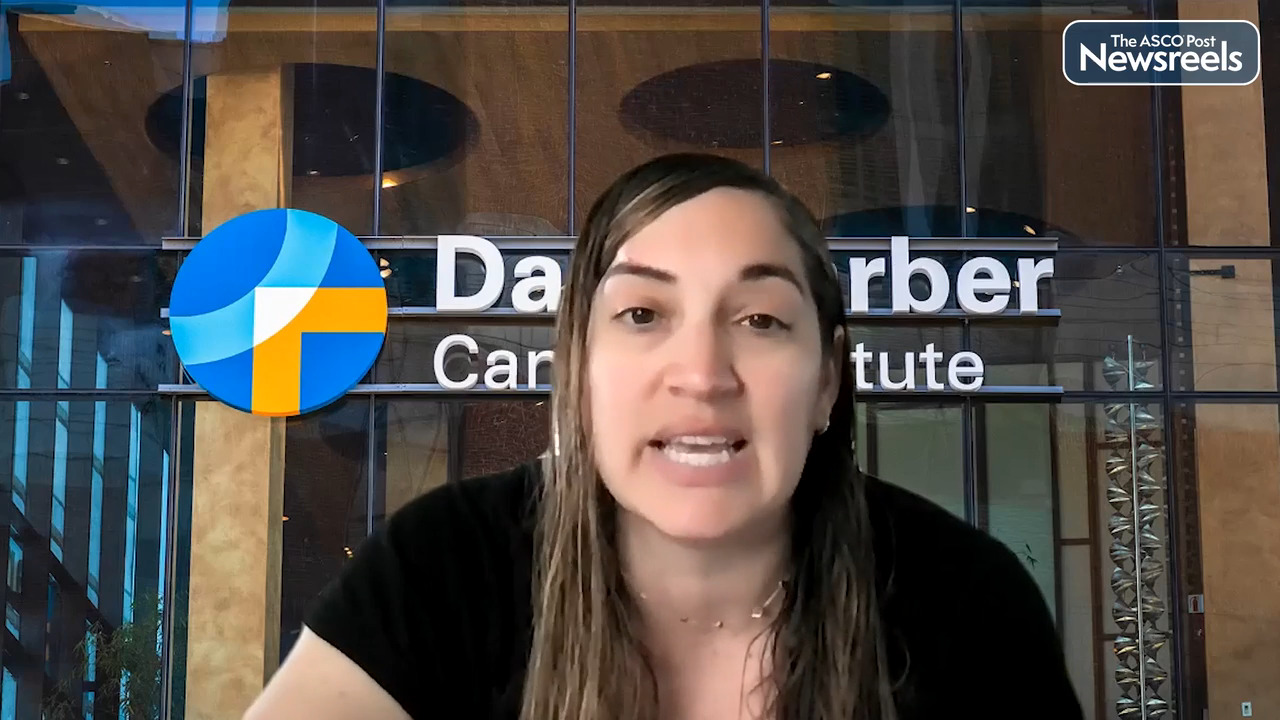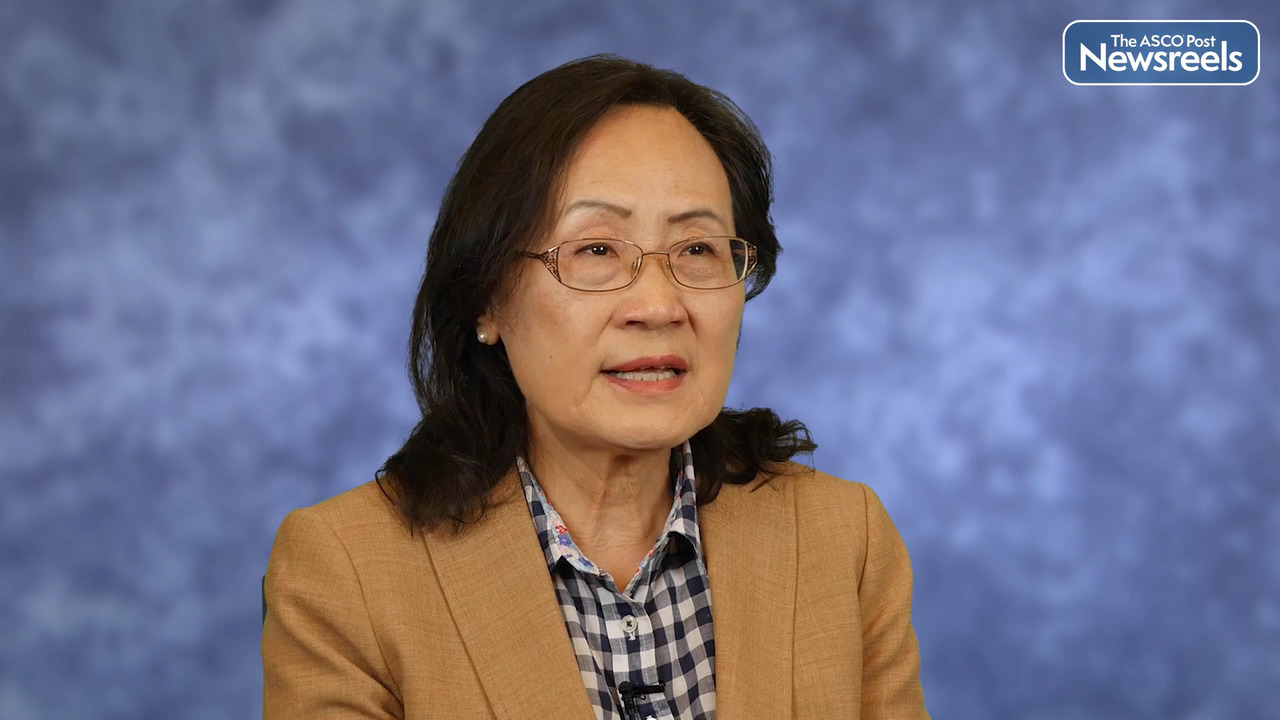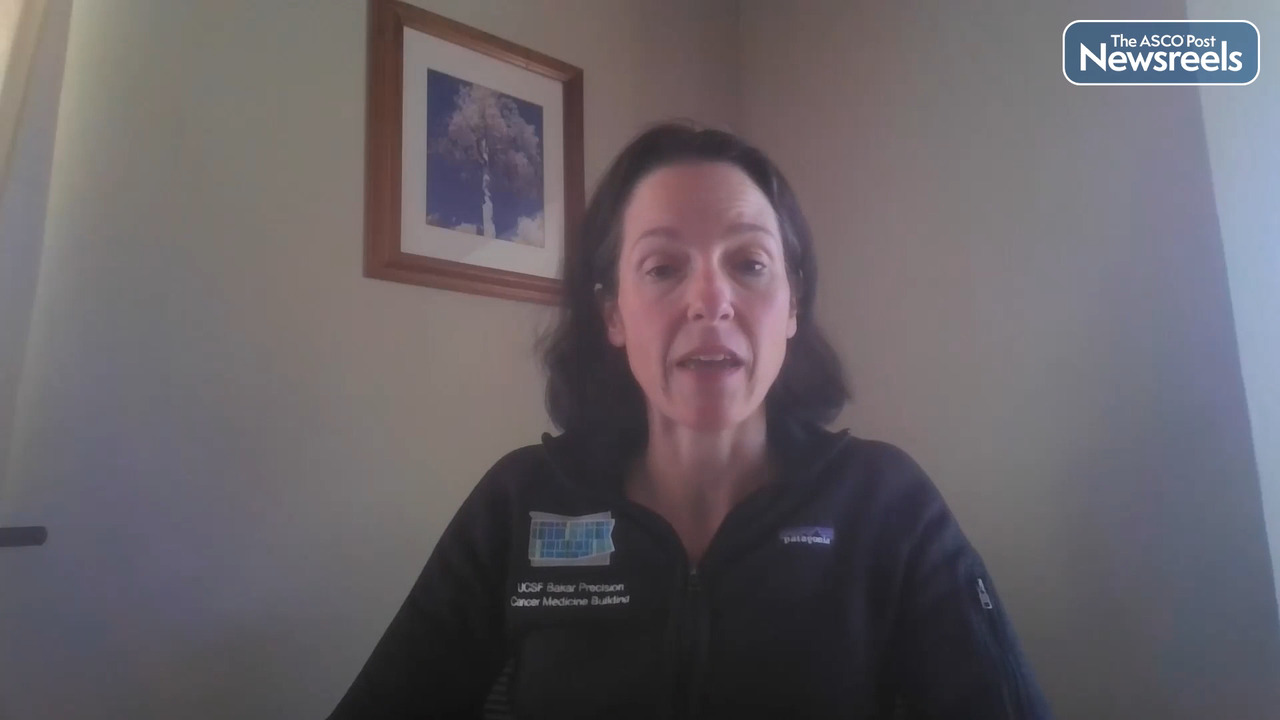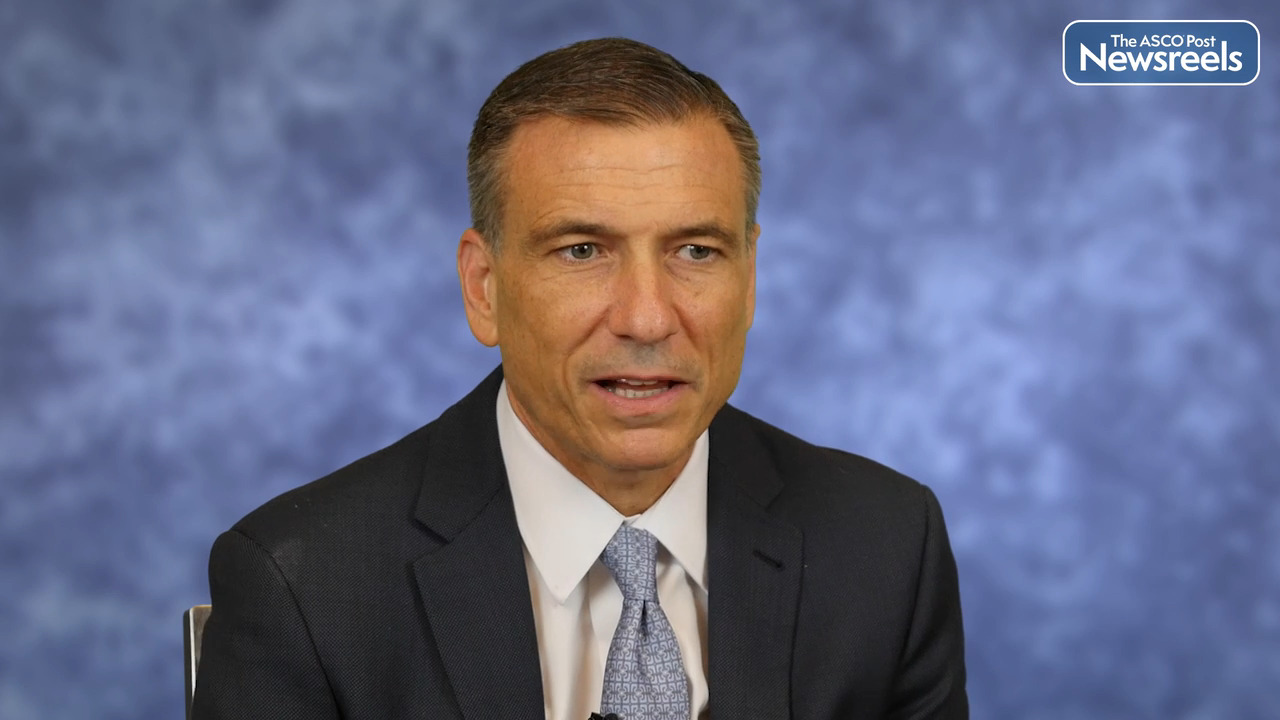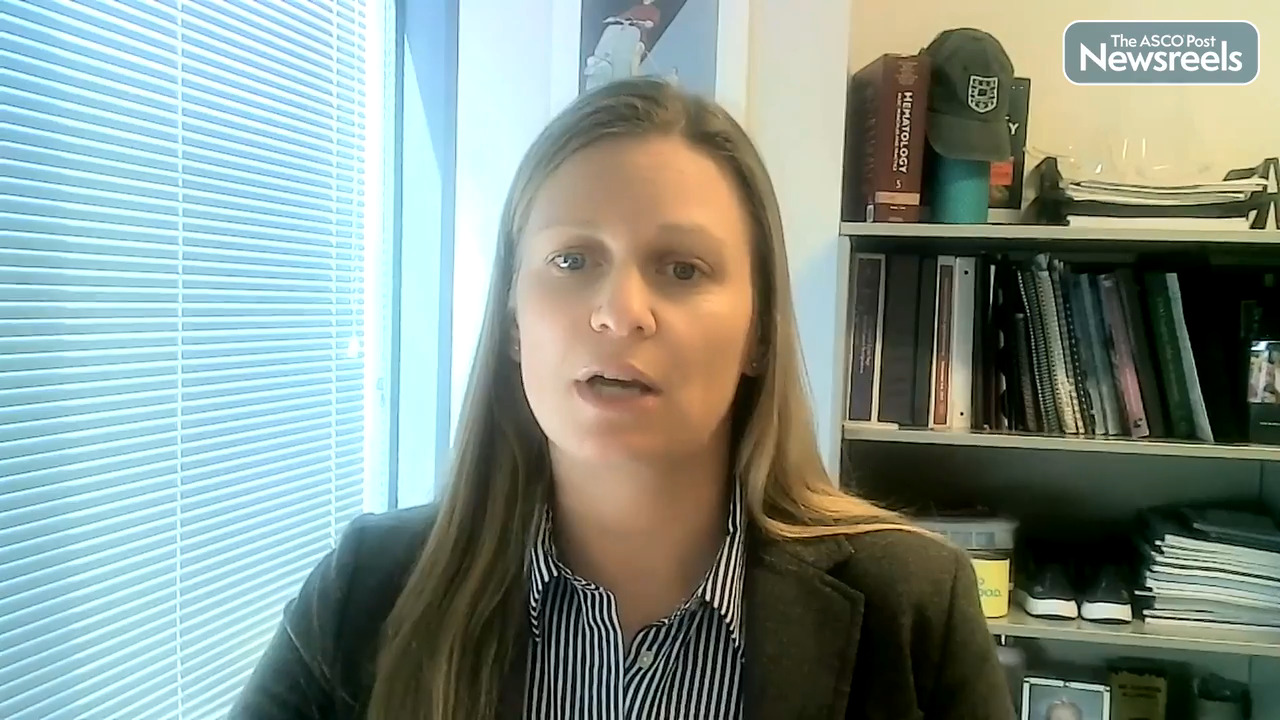Harry Klein, PhD, on MatchMiner: An Open-Source AI Precision Medicine Trial Matching Platform
AACR Annual Meeting 2023
Harry Klein, PhD, of Dana-Farber Cancer Institute, discusses MatchMiner, a software platform launched in 2017, that matches patients with appropriate clinical trials of targeted therapies. The platform uses data on the genetic features of a patient’s cancer, as well as clinical data, to identify trials at Dana-Farber for which the patient might be eligible. MatchMiner can also help recruit patients who meet the trial’s eligibility requirements. (Abstract 1067)
Transcript
Disclaimer: This video transcript has not been proofread or edited and may contain errors.
MatchMiner is an open-source precision medicine trial matching platform developed at Dana-Farber. In 2017, we set out with two main goals. The first is to accelerate enrollment onto precision medicine trials, and the second is to provide more trial options for patients. Here at AACR 2023, we presented on some additional data that's following up our publication in npj Precision Oncology, where we report a clinical impact for MatchMiner.
MatchMiner is able to get patients onto trials about 55 days faster compared to other methods that we found, and this is a great benefit for precision medicine trials. We also report on some of the characteristics of our MatchMiner consents. We find a vast array of different genes and cancer types in patients that enroll onto our precision medicine trials. This shows that MatchMiner can help a vast array of different patients across departments at any institution.
We are now moving forward with a new study for MatchMiner that uses AI and natural language processing to sort patients after they've matched to trials. The MatchMiner algorithm matches all live patients to all open trials at any given point in time, but most patients are not ready to enroll onto a trial. Therefore, we partnered with Dr. Kenneth Kehl at Dana-Farber to develop a natural language processing model that essentially takes radiology scan text and makes a likelihood prediction if a patient is ready to enroll onto a trial or not. If that patient is ready to enroll into a trial, then we send an email to the oncologist to the patient saying, "Here are all the trial options that are currently available." And this is a study that is ongoing this year and will have results early next year.
We currently have two institutions using MatchMiner, Memorial Sloan Kettering and Princess Margaret Cancer Center. For more information on MatchMiner, you can visit our website at matchminer.org and find information about the MatchMiner software on our GitHub links on the website.
Related Videos
The ASCO Post Staff
Christina M. Dieli-Conwright, PhD, MPH, of Dana-Farber Cancer Institute, discusses her research on the ways in which postdiagnosis exercise, particularly resistance exercise, can build strength and muscle mass and affect cancer outcomes. She also describes her focus on biomarkers related to body composition, inflammation, metabolic dysregulation, and cognition—all influenced by exercise.
The ASCO Post Staff
Sherry X. Yang, MD, PhD, of the National Cancer Institute, discusses findings from the TAILORx trial, which showed that, despite chemotherapy, patients with high recurrence scores continue to have a poor prognosis. This result suggests the need to develop new management strategies for patients with early-stage breast cancer. (Abstract LB119)
The ASCO Post Staff
R. Katie Kelley, MD, of the Helen Diller Family Comprehensive Cancer Center at the University of California, San Francisco, discusses phase III findings of the KEYNOTE-966 study, which showed that adding the immune checkpoint inhibitor pembrolizumab to gemcitabine and cisplatin improved overall survival in patients with untreated metastatic or unresectable biliary tract cancer. (Abstract CT008)
The ASCO Post Staff
John V. Heymach, MD, PhD, of The University of Texas MD Anderson Cancer Center, discusses phase III results from the AEGEAN trial, which showed that patients with treatment-naive, resectable, non–small cell lung cancer (NSCLC) who received neoadjuvant durvalumab plus chemotherapy and adjuvant durvalumab monotherapy had improved event-free survival and pathologic complete response, compared with those who received neoadjuvant chemotherapy alone. (Abstract CT005)
The ASCO Post Staff
Lindsay L. Peterson, MD, of the Washington University, St. Louis, discusses the value of physical activity in improving cancer prognosis, especially for patients with breast or colon cancer. Aerobic exercises and resistance training are recommended during and after treatment. Exercise may help inhibit tumor growth, improve quality of life by decreasing fatigue and anxiety, build muscle mass, increase physical function, and reduce surgical complications and treatment delays.
